Police chiefs aim to make their mark
- Published
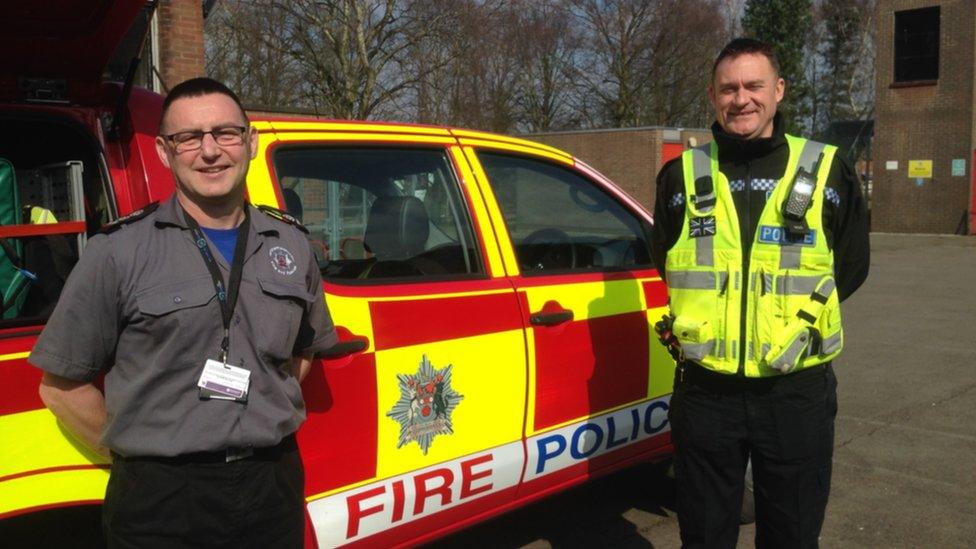
Shaun De Groot and PC Gez Shillito show off their joint police-fire vehicle
Voters in 40 police areas in England and Wales will go to the polls on 5 May to elect police and crime commissioners (PCCs). Danny Shaw went to meet some current PCCs to find out if they are engaging the public in their work.
At an Asda supermarket in Luton Olly Martins, the Labour PCC for Bedfordshire, is handing out leaflets and talking to shoppers as they wheel their trolleys away from the checkouts.
In neighbouring Cambridgeshire, the new Chief Constable, Alec Wood, has called in for a chat at the office in Cambourne of the PCC, Sir Graham Bright, an experienced Conservative politician.
And, 50 miles away, Norfolk's PCC, Stephen Bett, an independent, bounds up the steps of King's Lynn police station as he conducts one of his regular spot checks on the work of the county's constabulary.
Three men, representing different political views, doing the job in different ways - but each with the view that this new method of police governance is an improvement on the system of police authorities that it replaced in November 2012.
Stephen Bett, who served for 16 years on Norfolk's police authority, including six as chairman, was initially sceptical about the new arrangements but after weathering an expenses scandal - he repaid £2,700 he had claimed for journeys from his office at home - he has been won over, and says he has a far better understanding of law enforcement than he did before.
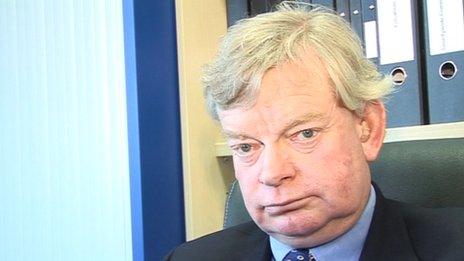
Stephen Bett was initially sceptical about the role of the PCC
"You have a great insight and you're able to get people to work together who normally wouldn't do so," he says.
One of the key benefits, he believes, is being able to get things done more quickly because there aren't endless committees to consult, though it's important to know when to delegate.
"If you try and run your office on how many paper clips you have and bits and pieces you're going to just die in the weeds," says Bett.
"The whole point of the job is to be strategic, to look after the finances and make sure that the police are accountable for what they do."
Quick action
Sir Graham Bright agrees that one of the advantages of the PCC system is the ability to be "nimble-footed" - to turn ideas into action quickly. He cites reforms he's helped bring about in police technology and victim services in Cambridgeshire.
Yet he acknowledges that it's a far more demanding role than he envisaged, more taxing than his 18 years as an MP and just as hard as his job at Number 10 in the 1990s, as Parliamentary Private Secretary to John Major.
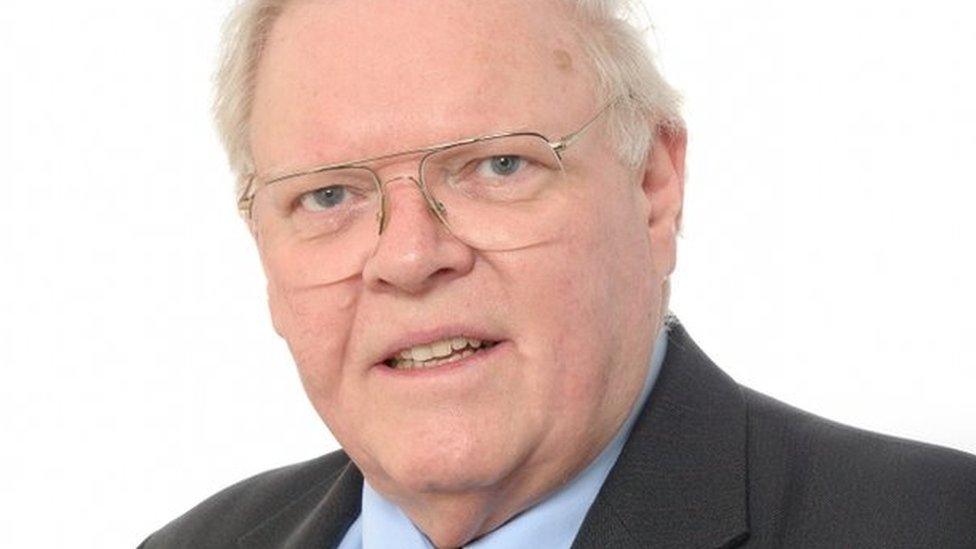
Sir Graham Bright has found the role more demanding than he envisaged
"It isn't, as it was suggested originally, a sort of three-day-a-week job - it's a seven-day-a-week job," says Sir Graham, who has decided, at the age of 74, that he won't stand for office again.
He explains: "My son, who's a doctor, took me in hand and said, 'Dad, you know we want to keep you about for a bit longer - don't drive yourself into the ground.'
"My big regret is the fact I'm not 10 years younger, because I would've loved to have done another term."
Sir Graham says the job isn't too big for one person, as long as they have the right team around them - a point emphasised by Olly Martins from Bedfordshire.
But for Martins, a Territorial Army soldier and former Victim Support worker, the biggest challenge has been explaining what the role of the PCC is all about.
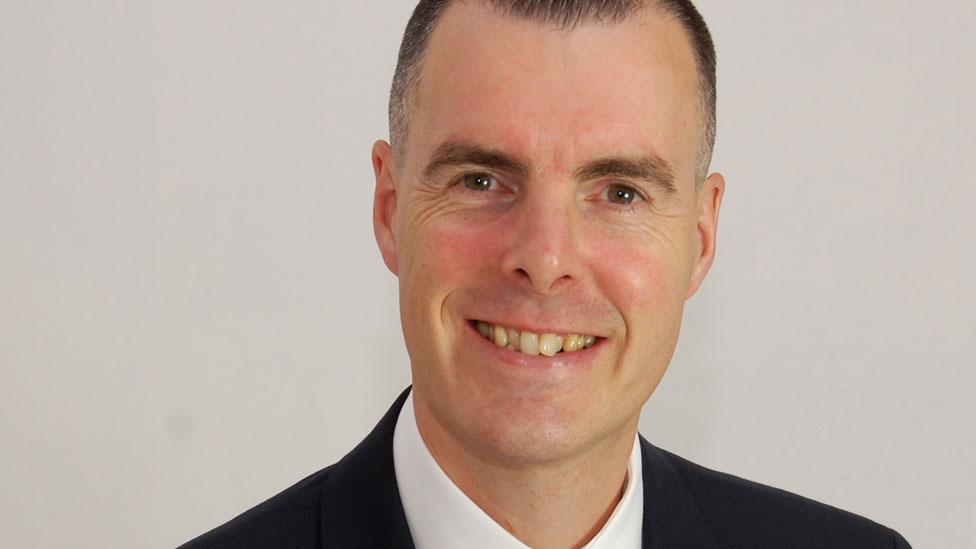
Olly Martins has spent a lot of time explaining his role
At the last PCC elections in 2012, the turnout across the 41 areas in England and Wales was 15.1% - the lowest recorded level of participation at a peacetime non-local government election in the UK.
"In a lot of ways I've been on a kind of three-and-a-half year mission to explain what it is I'm doing and what I'm here for," says Martins.
"There are a lot who will wander past me and have not a clue who I am - and that's even when I'm stood next to a big banner that's telling them who I am!"
Judging from conversations I've had with members of the public a lack of awareness about the identity and role of PCCs remains a problem, and not one confined to Bedfordshire, though more people are expected to vote at the next elections because they are on the same day as many local council and mayoral polls which usually register higher turnouts.
Indeed, the question of how strong the electoral mandate will be for the next set of commissioners is even more important than last time because they will have greater responsibilities, as Home Secretary Theresa May seeks to expand their role.
"There are still huge opportunities to improve capability between police forces, collaborate with other emergency services, and drive better joint working with the criminal justice system," Mrs May said during a speech, external in February.
"These are the challenges that the next generation of PCCs, elected in May, will need to tackle."
Free school plan
In Northamptonshire, some of the home secretary's ideas are already in place. I went on patrol in Daventry in one of two purpose-built intervention vehicles - staffed jointly by a policeman and a firefighter.
It's part of a move to reduce costs, cut duplication and improve response times to traffic accidents and other emergencies, driven by the Conservative PCC, Adam Simmonds, and is likely to be replicated in other areas.
Under the Policing and Crime Bill, which is currently going through Parliament, commissioners will be able to take responsibility for fire and rescue services, where a local case can be made, and create a single employer for the two services.
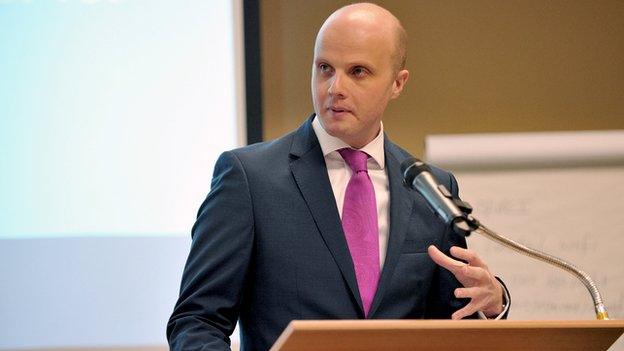
Adam Simmonds has ambitious plans for a free school
Simmonds has even more ambitious plans - to move Northamptonshire Police, external out of Wootton Hall, the manor house it has occupied for 66 years, and use the grounds for a free school with some lessons and extra-curricular activities based around themes connected to criminal justice, crime prevention and forensic science.
"Northamptonshire Police and the previous police authority focused purely on policing in its purest form," says Simmonds.
"Everyone thought it was just about man-marking the chief constable. Four years later I think people do generally believe it's different - it can be bigger, can be more important, can be more insightful.
"It involves the health service, education, prisons, probation and policing, so you've got to take that all in, and the role of police and crime commissioner in my view encompasses all of that," he adds.
Wootton Park Free School is due to open in September - and it seems there's political backing in Westminster for it.
The home secretary has said she would like more PCCs to provide schools to help troubled children and prevent them falling into a life of crime.
Control over complaints
Mrs May also intends to give commissioners greater control over handling complaints against the police by members of the public. A scheme pioneered by Northumbria's PCC, Vera Baird, appears to be the template.
Staff based in Baird's office assess complaints before they go to the force.
The most serious and sensitive allegations - of crime, assault and corruption - are dealt with by the police's professional standards department or the Independent Police Complaints Commission.
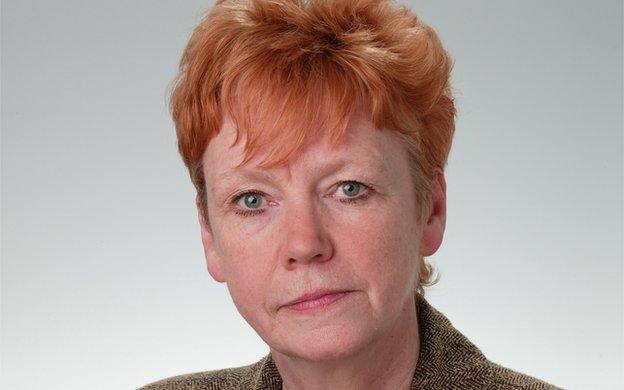
Vera Baird has pioneered a new way of dealing with complaints
But the majority, around 60%, are resolved quickly by Baird's team, perhaps with a phone call or letter of apology or explanation, without the need to involve formal complaints procedures.
"If [the complaints] are about poor service or rudeness or a late arrival then they can be managed, just as John Lewis manage their customer relations really, and we disentangle that from all the bureaucracy around 'police complaints' and it stands free," says the former Labour government minister.
"We've turned potential enemies of Northumbria Police back into their friends by this very simple way."
As the examples of Northumbria and Northamptonshire police have shown, the pendulum of power is swinging towards police and crime commissioners.
We are likely to witness that in Greater Manchester, where the role of the PCC is being merged with that of the mayor, with enhanced powers over criminal justice, and in Lincolnshire, Liverpool and Cumbria too, where similar arrangements are being considered.
But Bernard Rix, chief executive of CoPaCC, a group of experts which monitors the work of police and crime commissioners, sounds a note of warning.
Although many of the PCCs elected next month will want to make their mark, and have the legal and political tools to do so, he says they will be under fiercer scrutiny and face more hurdles than the current crop.
"There is going to be an enormous push back from those who currently have the governance responsibilities," he says.
"The fire authorities, with local councillors in power there, will be very reluctant to relinquish their responsibilities. That's going to be the same with criminal justice and it's going to be the same with many other areas."

Police and crime commissioner elections: 5 May 2016
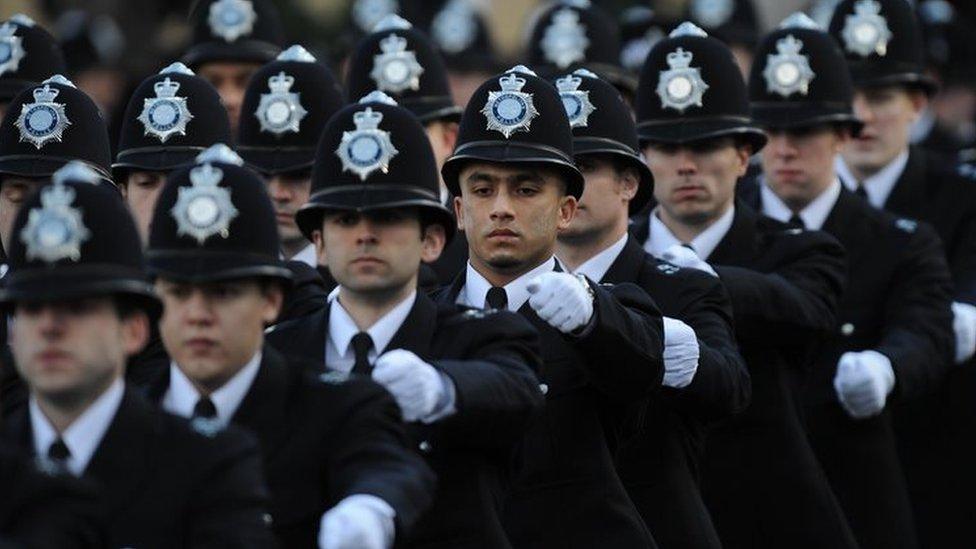
State of play: Police and Crime Commissioners (PCCs) were invented by the Conservatives to increase local accountability. They replaced the previous model of police authorities in England and Wales and have powers to hire and fire chief constables and set police strategy and budgets.
The first police and crime commissioner elections in 2012 were mainly notable for very low turnouts of between 10% and 20%. The system has been on probation ever since, amid calls for it to be scrapped, but the Home Office is to grant PCCs greater powers after May.
What to watch for: Voting will take place in 40 police areas in England and Wales, excluding London, where the mayor is classed as the PCC for the Metropolitan Police and there are separate governance arrangements for the City of London Police, and Manchester, where the role of PCC is set to be abolished in 2017 and replaced by a directly elected mayor.
The voting system is the same as the one used to elect mayors, with voters marking their first and second choice of candidate. If no candidate gets a clear majority the top two go through to a second round with second preferences of eliminated candidates allocated to them to produce a winner.
The Conservatives gained the most PCCs in 2012, with 16, followed by Labour on 13. The remaining 12 were independents. As many as half of the PCCs elected in 2012 will not be seeking re-election, making predictions difficult.

Danny Shaw will report on the role of police and crime commissioners on The World At One on BBC Radio 4 on Monday 4 April and Tuesday 5 April.
More information about the candidates in your area is available at the Choose My PCC, external website, which will be updated as election day approaches.
- Published25 March 2016
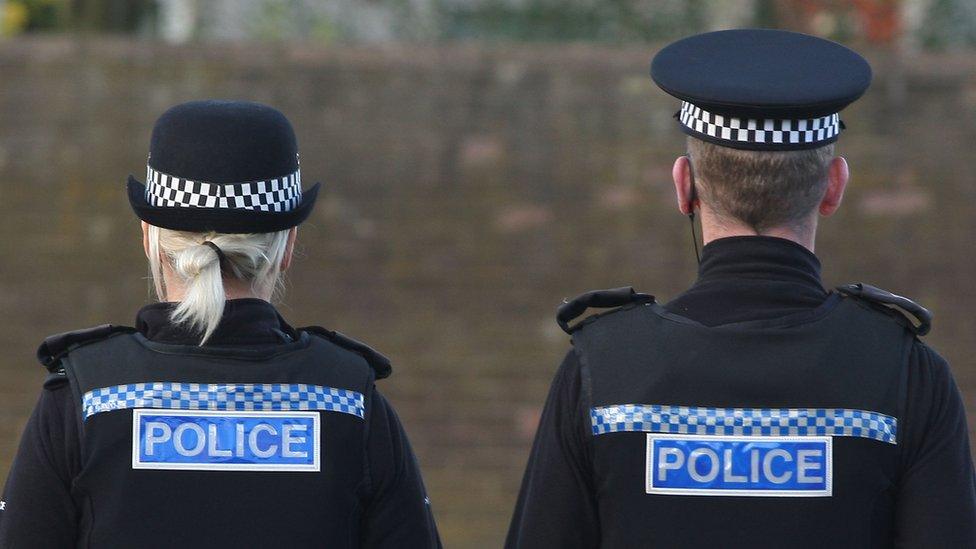
- Published21 April 2016
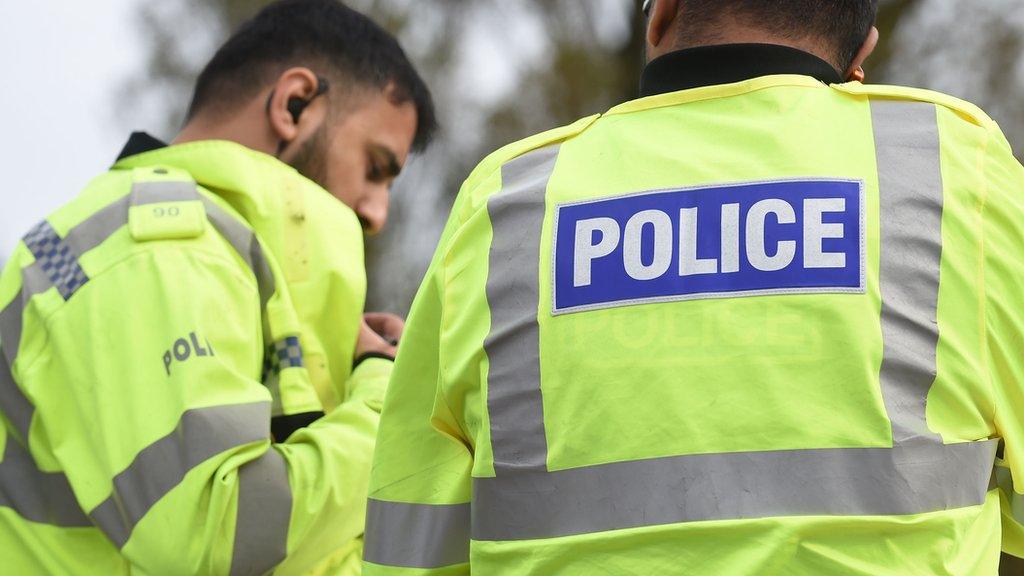
- Published4 November 2015
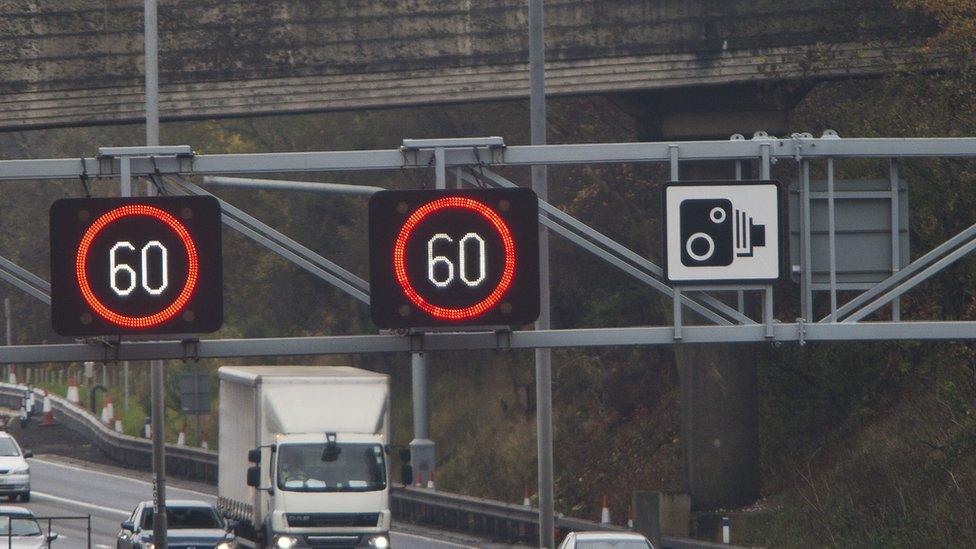
- Published12 October 2015
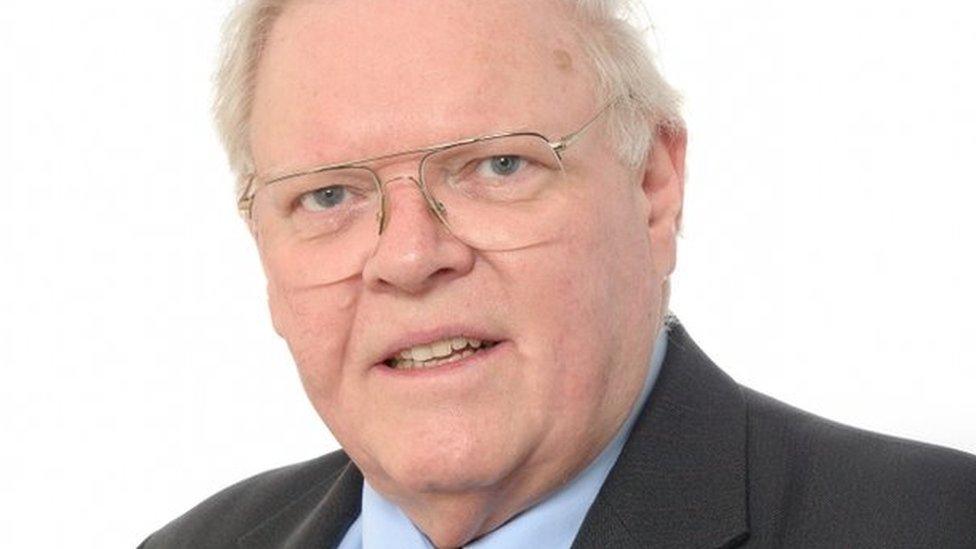
- Published15 September 2015
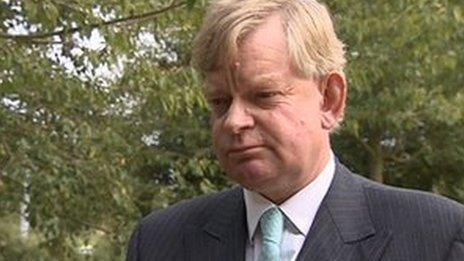
- Published17 May 2015
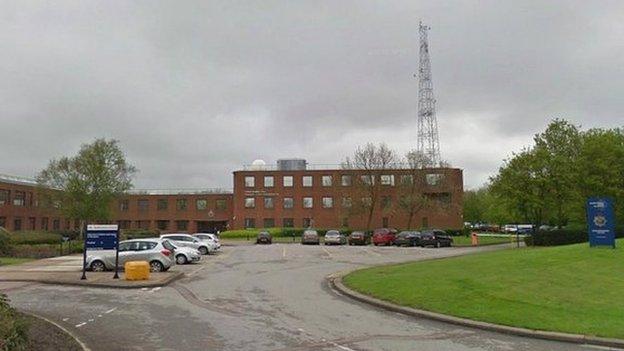
- Published16 November 2012